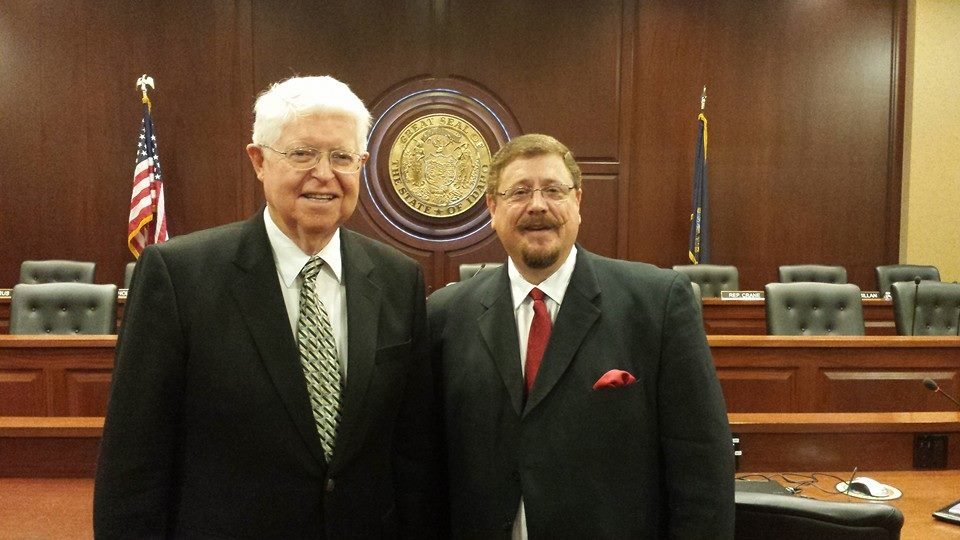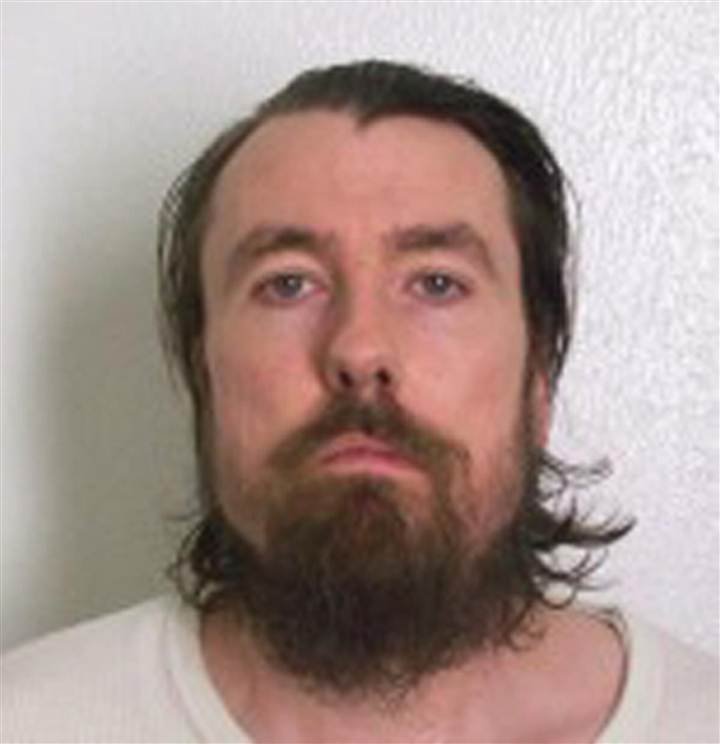On February 9, 2015, Illinois Governor Bruce Rauner announced an executive order that would stop public sector labor unions from requiring that all state workers pay the equivalent of dues.
Keep About Your Work
KEEP ABOUT YOUR WORK by Dr. H.M.S. Richards The Lord has given to every man his work. It is his business to do it and the devil’s business to hinder him if he can. So surely as God has given you a work to do, Satan will try to hinder you. He may present other…
Washington Bill Simplifies Accommodation for Religious Objectors to Labor Union Dues
In practical terms, SB 5552 would make it easier for the employee and union to agree upon a charity, and take the union out of the position of evaluating the theology of the employee.
Idaho: Northwest Religious Liberty Association Calls for Conscience Exemption to Anti-Discrimination Legislation
This week, in four days of testimony, the Idaho House State Affairs Committee has been considering House Bill 2 (HB2), that would add anti-discrimination protections for Idahoans based on sexual orientation and gender identity. Advocates have been promoting the “Add the Words” bill for nine years and this is the first year that the Legislature has held hearings.
U.S. Supreme Court Unanimously Upholds Right of Prisoner to Wear Beard
By Michael Peabody – The U.S. Supreme Court issued a unanimous decision today that the Arkansas Department of Correction violated the Religious Land Use and Institutionalized Persons Act (RLUIPA) when it prohibited a prisoner from growing a 1/2 inch beard in accordance with his religious beliefs.
Supreme Court Plans to Make National Decision on Same-Sex Marriage – What it Means
By Jason Hines, PhD – The Court will answer two questions. First, ?does the Fourteenth Amendment require a state to license a marriage between two people of the same sex?? Second, ?does the Fourteenth Amendment require a state to recognize a marriage between two people of the same sex when their marriage was lawfully licensed and performed out-of-state?? These questions create three possible outcomes.
Supreme Court Considers First Amendment Ramifications of Church Sign Ordinance
On Monday, January 12, 2015, the U.S. Supreme Court heard oral arguments on the case of whether a local town ordinance violates the First Amendment rights of churches when the ordinance limits the size, quantity, and duration of church signs when political signs are not similarly limited. Attorneys for the town of Gilbert, Arizona have argued that the ordinance is not discriminatory because all non-commercial event signs have the same restrictions. Attorneys for Clyde Reed, the pastor of the Good News Presbyterian Church argued that just because the city claims the ordinance appears to be facially neutral toward religious free speech does not mean that it is actually neutral.
Opinion: A Different Perspective on the Year 2014
By Fabian Carballo – 2014 was a very interesting year, full of ironies and reoccurring themes. Here are some of the biggest stories that consumed our national attention for better or worse.
EDITORIAL: To Preserve Faith, Keep Church and State Separate
Last week, WorldNetDaily published an editorial by Scott Lively where he scolds American Christians for allowing religious pluralism to become accepted. Religious pluralism, Lively argues, violates the First Commandment which states, “Thou shall have no other gods before Me.”
In his article, entitled “The Deadly ‘Religious Liberty’ Trap,” Lively argues that the “wall of separation of church and state” metaphor had been wrongfully used as a “as a justification for declaring all religions to be equal with Christianity in America, and equally subservient to secular humanist authority.”
Lively’s solution to this situation “is to stop arguing for ‘religious liberty’ and resume our proclamation of the superiority of Christ and His Word over all opposing faiths (along with tolerance for people of other faiths – that’s how it worked before [Everson v Board of Education (1947)]. Its goal must be nothing less than an official reaffirmation of the Bible as our legal and cultural foundation, which would require overturning Everson and its juridical progeny.”
7th Circuit Rules Challengers to Ministerial Housing Exemption Lacked Standing
On November 13, 2014, the Seventh Circuit Court of Appeals ruled that an atheist group challenging a tax-exempt housing benefit only available to clergy lacked standing to bring the suit because members of the atheist group could not demonstrate that they had suffered an injury as a result of the clergy tax-exemption.







